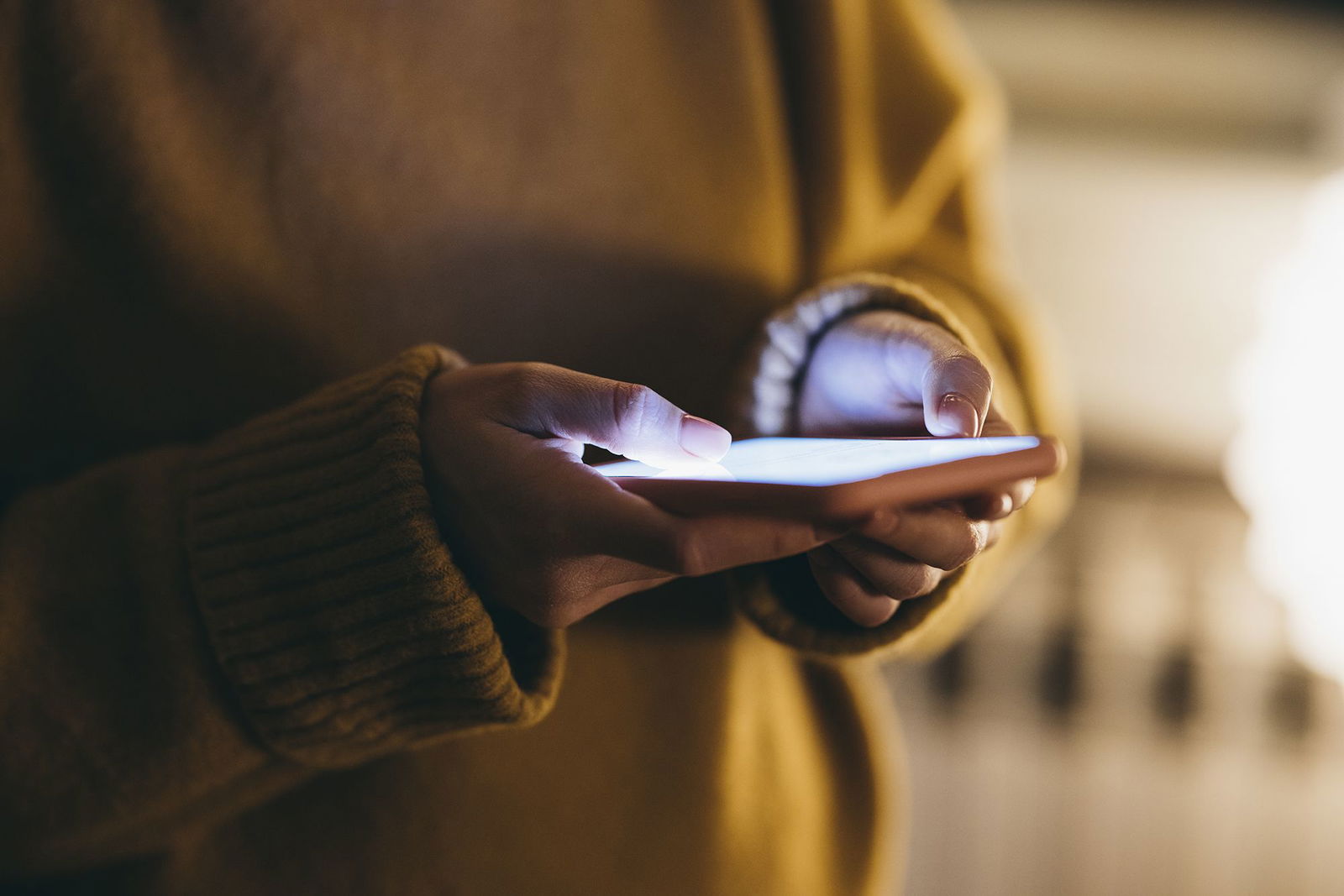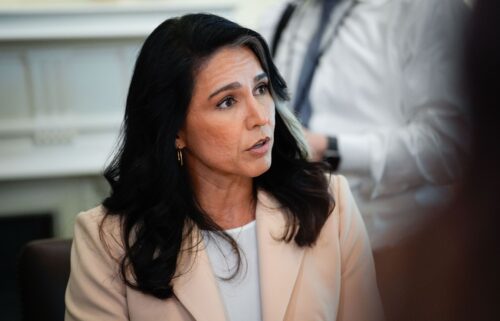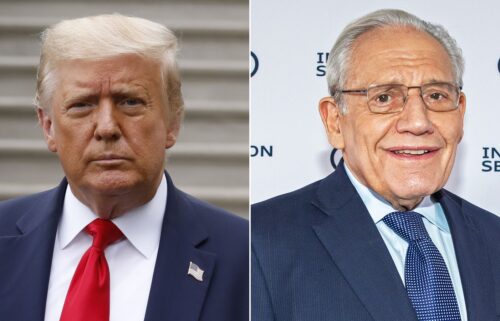Victims of explicit deepfakes will now be able to take legal action against people who create them

After months of outcry over the issue of AI-generated
By Clare Duffy, CNN
New York (CNN) — In recent years, people ranging from Taylor Swift and Rep. Alexandria Ocasio-Cortez to high school girls around the country have been victims of non-consensual, explicit deepfakes — images where a person’s face is superimposed on a nude body using artificial intelligence.
Now, after months of outcry, there is finally a federal law criminalizing the sharing of those images.
President Donald Trump signed the Take It Down Act in a ceremony at the White House on Monday. In addition to making it to illegal to share online nonconsensual, explicit images — real or computer-generated — the law also requires tech platforms to remove such images within 48 hours of being notified about them.
The law will boost protections for victims of revenge porn and nonconsensual, AI-generated sexual images, increase accountability for the tech platforms where the content is shared and provide law enforcement with clarity about how to prosecute such activity. Previously, federal law prohibited creating or sharing realistic, AI-generated explicit images of children. But laws protecting adult victims varied by state and didn’t exist nationwide.
The Take It Down Act also represents one of the first new US federal laws aimed at addressing the potential harms from AI-generated content as the technology rapidly advances.
“AI is new to a lot of us and so I think we’re still figuring out what is helpful to society, what is harmful to society, but (non-consensual) intimate deepfakes are such a clear harm with no benefit,” said Ilana Beller, organizing manager at progressive advocacy group Public Citizen, which endorsed the legislation.
The law passed both chambers of Congress nearly unanimously, with only two House representatives dissenting, in a rare moment of bipartisan consensus. More than 100 organizations, including non-profits and big tech companies such as Meta, TikTok and Google, also supported the legislation.
First lady Melania Trump threw her support behind the effort, too, lobbying House lawmakers in April to pass the legislation. And the president referenced the bill during his address to a joint session of Congress in March, during which the first lady hosted teenage victim Elliston Berry as one of her guests. Berry attended the bill signing event at the White House’s Rose Garden on Monday, along with Francesca Mani, another teen who has pushed for legal protections after she was targeted by this form of harassment.
“Today, through the Take It Down Act, we affirm that the wellbeing of our children is central to our future of our families in America,” the first lady said Monday.
Texas Sen. Ted Cruz and Minnesota Sen. Amy Klobuchar first introduced the legislation last summer.
Months earlier, a classmate of Texas high schooler Berry shared on Snapchat an image of her that he’d taken from her Instagram and altered using AI to make it look like she was nude. Berry wasn’t alone — teen girls in New Jersey, California and elsewhere have also been subject to this form of harassment.
“Everyday I’ve had to live with the fear of these photos getting brought up or resurfacing,” Berry told CNN last year, in an interview about her support for the Take It Down Act. “By this bill getting passed, I will no longer have to live in fear, knowing that whoever does bring these images up will be punished.”
Facing increased pressure over the issue, some major tech platforms had taken steps to make it easier for victims to have nonconsensual sexual images removed from their sites.
Some big tech platforms, including Google, Meta and Snapchat, already have forms where users can request the removal of explicit images. And others have partnered with non-profit organizations StopNCII.org and Take It Down that facilitate the removal of such images across multiple platforms at once, although not all sites cooperate with the groups.
Apple and Google have also made efforts to remove AI services that convert clothed images into manipulated nude ones from their app stores and search results.
Still, bad actors will often seek out platforms that aren’t taking action to prevent harmful uses of their technology, underscoring the need for the kind of legal accountability that the Take It Down Act will provide.
“This legislation finally compels social media bros to do their jobs and protect women from highly intimate and invasive breaches of their rights,” Imran Ahmed, CEO of the non-profit Center for Countering Digital Hate, said in a statement to CNN. “While no legislation is a silver bullet, the status quo—where young women face horrific harms online—is unacceptable.”
Public Citizen’s Beller added that it’s also “important to signal as a society that this is unacceptable.”
“If our federal law is passing a law that says, this is unacceptable and here are the consequences, that sends a clear signal,” she said.
CNN’s Betsy Klein contributed to this report.
This story has been updated with additional developments.
The-CNN-Wire
™ & © 2025 Cable News Network, Inc., a Warner Bros. Discovery Company. All rights reserved.



